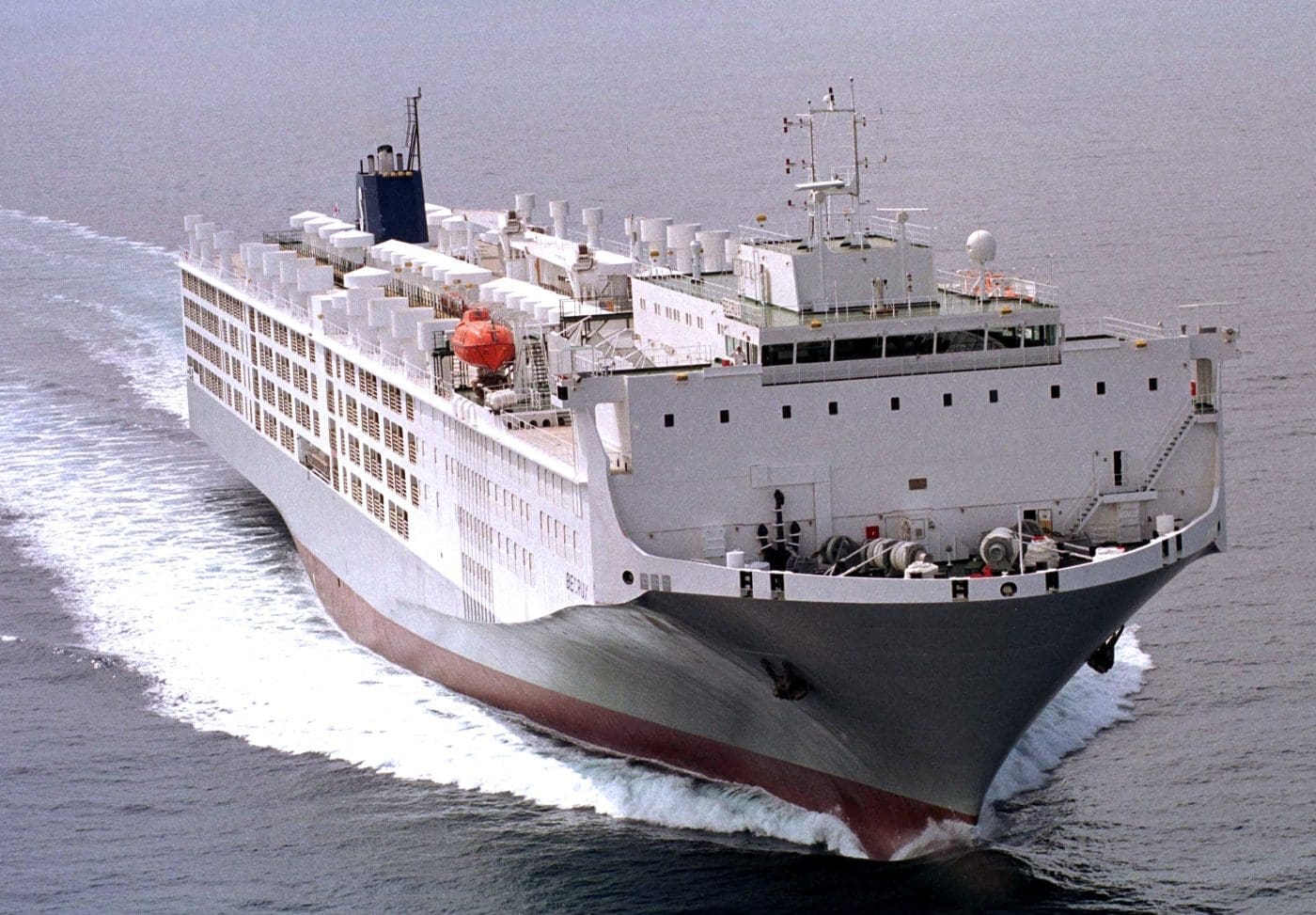ALMOST 13 years since a Julia Gillard-led Government banned the live cattle trade to Indonesia, the Federal Government has decided not to pay out a settlement offer on a class action which found the ban to be illegal.
The decision was the latest point in the long-running timeline since the class action was kicked off in 2014. The verdict was handed down in 2020 and an appeal was ruled out, but only the lead claimant, the Brett Cattle Company, has been paid out – with the rest of the 215 claimants still waiting.
With no end in sight for the case, Beef Central has been trying to find out where it could be going next and the chances of a settlement.
Both parties, Government and the class, have made offers to settle the payout.
The Government offered $215m, without costs or interest, at the end of 2020, which was branded as an “insult” by former National Farmers’ Federation president Fiona Simson.
In response, the class asked the Government for a collective $510m plus costs and interest – which was estimated to end up around $800m to $900m.
What happens now?
Settling out of court is still an option available to the two parties.
The claimants are standing by the figure they put to the Government, labelling it a “fair and equitable” figure for both parties.
Federal attorney general Mark Dreyfus was asked if the Government had any appetite to modify its offer to settle the class action. A spokesperson from his office answered without addressing the question.
“Any delay in resolving this proceeding is not due to any actions by the Commonwealth,” the spokesperson said.
“The Commonwealth has engaged in a good faith attempt to settle the claims made by the applicants, including by making an offer of settlement of $215 million in December 2022.”
If the two parties cannot come to a settlement out of court, then the court will have to sort out how much money each of the claimants is entitled to – which could involve mediation with each individual claimant.
The interest could become bigger than the overall figure itself
Northern Territory Cattlemen’s Association president David Connolly told the ABC’s Northern Territory Country Hour last week that individual arbitration was a possibility.
“There is every possibility (it could end up before the courts again). It will probably end up with single mediations with the 215 claimants because the Government doesn’t care – it’s not their money,” Mr Connolly said.
“Single mediation will cost the taxpayer more money – our counter claim was to try and put a stop the expense going to the Australian taxpayer.”
How much will the taxpayer have to pay?
Hamilton Locke agribusiness lawyer Trent Thorne said he had never seen a class action play out like the live export class action – where a settlement figure has taken years.
He said coming up with a figure to pay out the claimants was a difficult prospect and was made harder with the retirement of Justice Stephen Rares, who presided over the majority of the case.
“I can definitely see why the court has encouraged the two parties to reach a resolution without the court’s input,” Mr Thorne said.
“You have such a diverse array of complainants, who were impacted by the ban in so many different ways – you have cattle producers, transport operators, vets and a lot of other professions who were directly and indirectly impacted.
“My understanding is that the legal team have largely come up with a system themselves as to how you compensate each of these supply chain participant classes. It is just a matter of the court agreeing with the methodology.
“Once the methodology is agreed, it is then a process of verifying with each participant. This is where it gets difficult again because you will have some of the class knowing how much they are owed to the last dollar and others who have not kept as good records.
“Given this has dragged out for so long, I think the court will be a bit more flexible in accepting some people are entitled to damages who do not have the paper work you would normally expect.”
Mr Thorne said the longer the class action drags on, the bigger the bill will become.
“That interest bill is ticking along every day and the interest could become bigger than the overall figure itself,” he said.
“The legal bill will also be increasing because the lawyers will have to keep working on the case.”

